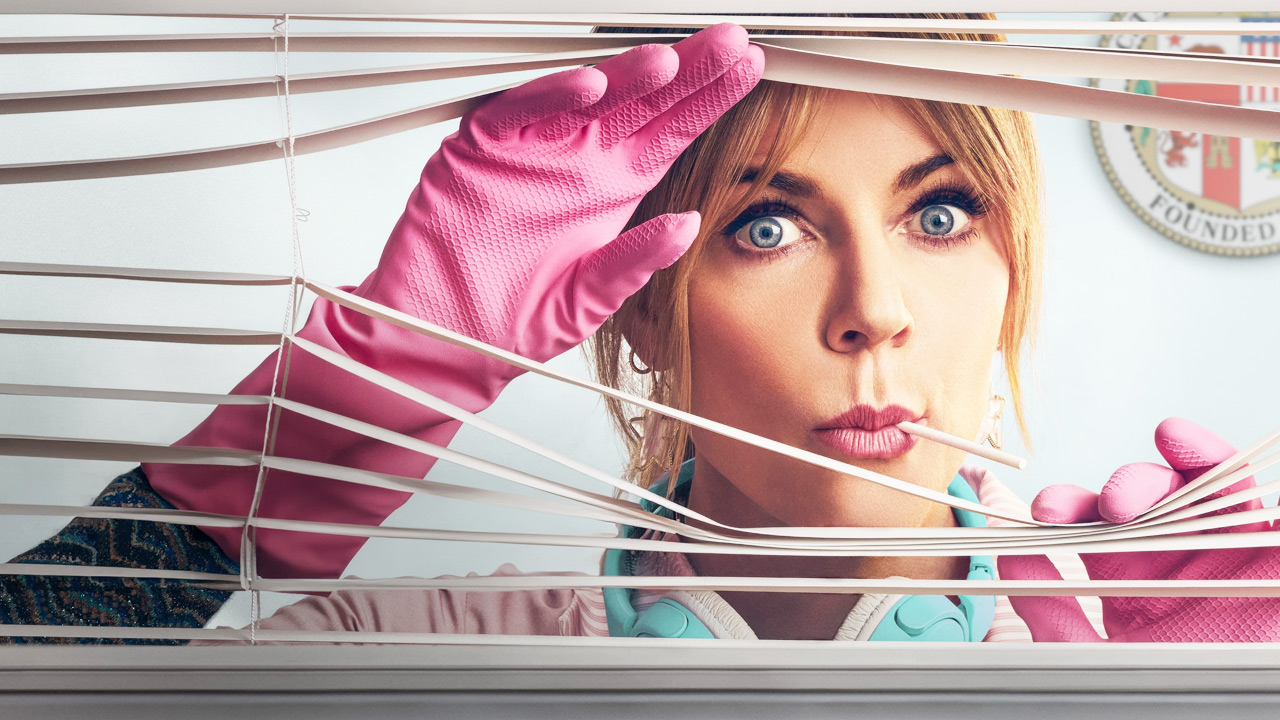Why High Potential’s protagonist isn’t a great TV detective

What values do we look for in great on-screen detectives? High Potential is the latest show to deploy a brilliant sleuth, but Luke Buckmaster was left wanting something more.
The protagonist of this bouncy “murder of the week” series belongs to a long line of busybodies who are so freakin’ smart, so logical, so skilled at seeing all the angles that they simply cannot be ignored by the police. Think Miss Marple, Jessica Fletcher, Sherlock Holmes. And now, though it’s highly unlikely she’ll be canonised as one of the greats, think Kaitlin Olson’s Morgan, the lead of High Potential (a remake of the French-Belgian series HPI). She dresses like a free spirit—fur jackets, tall boots, short skirts—which makes her a genius in disguise: the sort of person you wouldn’t expect to read a book, let alone have an IQ of 160.
Whereas Natasha Lyonne’s Charlie Cale, the protagonist of Poker Face, has a supernatural-like ability to sense when somebody’s lying, Morgan is drawn from the fantasy that anybody can solve any crime if they’re intelligent enough. In the good old days, characters like Holmes were simply considered very smart. In our more enlightened present, it’s generally accepted that being terrifically talented in some areas—including, in Morgan’s case, having a photographic memory and a Rain Man-esque gift for mathematical calculations—often means a person may be lacking in others. Or at least differently wired.
Old mate Sherlock has long attracted speculation that he might have autism or Asperger’s. The creator of High Potential, Drew Goddard, gets ahead of the curve, inserting into the pilot episode an explanation of Morgan’s genius, from Morgan herself. When the head of the LAPD’s Major Crimes Division (Judy Reyes), who hires her as a detective “consultant,” suggests she has an amazing gift, the protagonist retorts: “The technical term is high potential intellectual. It means you have advanced cognitive abilities. Intellectual creativity, photographic memory, stuff like that…(but) I obsess over every little problem I see. My mind is constantly spinning out of control. Which makes it impossible to hold a job, relationship, a conversation. Not a gift.”
Having declared all that, as well as dropping in comments from Morgan such as “the world wasn’t exactly built for people who are different,” High Potential proceeds to have its cake and eat it too, presenting her as a wonderfully rounded and all-round fantastic human being. Throughout each episode, which begins with somebody carking it and ends with Morgan solving the crime, she’s a blithe presence, joking around and lightening the mood in between making phenomenally clever observations. She’s also very empathetic and emotionally intelligent: a caring mother of three, and someone who gets along famously with children.
Far from being a social misfit, or a mind “spinning out of control,” Morgan comes across as remarkably balanced. She’s not just the smartest person in the room, by a long margin, but also the warmest and kindest, again by a long margin, and the life of the party, again, again, by a long margin. Does this person have any flaws at all? The more the screenwriters insist on her all-round awesomeness, and her ability to follow both head and heart, the less appealing she becomes, at least to me (Olson’s performance doesn’t help, either, oozing sass but lacking charm).

Compare this to Columbo, Peter Falk’s iconic rumpled detective. His brilliance as a crime-solver entertained us, but the show, focused on his work, doesn’t assure us that he’s an awesome human being. One wonders what Columbo was like to his wife, who he often mentions but seems to rarely see. Maybe he was a good husband. Maybe he was a bit of a prick, pushing her onto the peripheries of his life. We don’t know, and it doesn’t matter.
There’s no such ambiguity with Morgan. The show puts in highlighter pen that she’s a great person, the bee’s kneees, bloody smart and bloody kind, pushing her into the space of “too good to be true.” Lines like “whoever’s phone this is was left handed, based on the smudge patterns” will have you thinking: “nobody can be that smart.” But accepting this is part of the fun; you need to go along with it. Less entertaining is the halo around her head, and the insistence that she’s everything to everyone.




















